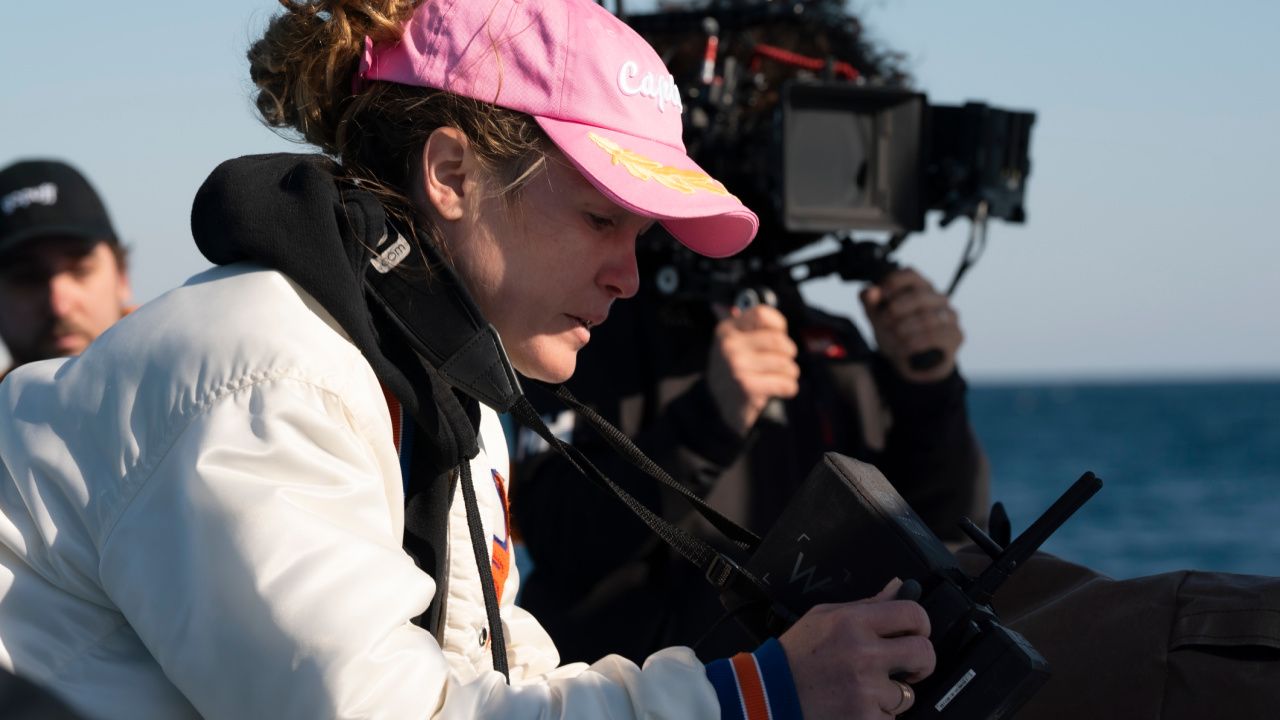HBO, Bravo, Studios Saved by Hollywood as CEOs Pick Winners, Losers

Complicated financial engineering does not typically pique the interest of Hollywood heavyweights, but recent moves by Comcast and Warner Bros. Discovery, and a fateful decision by Disney last year, are quietly pulling back the curtain on the difficult debates raging in media corporate board rooms across the industry.
To be certain, Comcast’s decision to spin out (most of) its cable channels and Warner Bros. Discovery’s move to restructure itself by separating its linear cable channels and its studio and streaming businesses are being done in the name of potential dealmaking and Wall Street handwaving.
But with that glimmer of deals in the eyes of the CEOs comes a cold hard reality: Thanks to cord-cutting, the assets in their portfolios, the cards in their hand, are losing value every day. But a few – perhaps very few – could emerge from the current tumult even more valuable than they were before.
Which is why these companies are hoarding them, even as they contemplate larger deals.
A quick glance shows some themes emerging: Studios — both film and TV — are crown jewel assets, comprising the core of the content engines for these companies and a fount of intellectual property. Film studios in particular are viewed as brand-builders in an era where IP is still in hot demand.
Broadcast networks, likewise, are crown jewel assets, given their established three-letter brands, reach and scale in sports and news.
And even a few stray cable channels are finding themselves anointed as crown jewels, with the parent companies expressing confidence that they will survive even in the event of a cable TV catastrophe.
Just look at Warner Bros. Discovery, which is dividing its business lines in two: “Global Linear Networks” and “streaming and Studios.” On one side is the cash cows of the company, linear TV channels like CNN, TNT and TBS. On the other is the Warners film and TV studios and the streaming service Max, which see growth on the horizon.
But Warners is also strategically taking HBO, one of the best-known brands from the cable TV era, and putting it in the streaming and studios bucket. To WBD, HBO is a crown jewel, not an asset to be stashed with the rest of the declining cable networks.
At Comcast, its cable split will see the company keep its TV and film studios, as well as Peacock, while spinning off its linear channels. That is, with a couple of exceptions: NBC and the cable channel Bravo will remain with Comcast, even as everything from USA and MSNBC to E! And Golf Channel are sent to SpinCo.
NBC, of course, is the flagship broadcaster, and next year will dramatically increase its sports programming output when it adds NBA and WNBA games. Bravo, meanwhile, has managed to forge a distinct brand identity thanks to franchises like the Real Housewives and Below Deck (call it “upscale trashy reality TV”) that has become a major driver of viewership on Peacock, a source familiar with the numbers says.
The bet is that even if cable TV vanishes, Bravo the brand can survive.
And while companies like Disney and Paramount have not restructured like Comcast or WBD, they have also quietly signaled that their priorities lie with some sub-brands, and not with others.
Last year Disney found itself in a carriage dispute with Charter Communications, the country’s largest pay-TV provider. The two sides cut a deal, but that deal saw a number of cable channels, including Freeform, FXX, and Disney Junior, kicked to the curb, while locking in rates and carriage for the likes of ESPN, ABC and Disney Channel.
“We protected our primary entertainment channels,” Disney Entertainment co-chair Dana Walden told THR after the deal was completed. “You know, they’re very important to our bottom line and our pipeline of family and general entertainment content to our DTC services.”
And at Paramount, Skydance is actively thinking about its plans for the company when its deal closes next year. The Paramount studios – especially its storied film studio – are safe. That is a given, but on the TV front, it is more complicated.
Incoming president Jeff Shell told reporters over the summer that he views CBS as a “crown jewel” asset, albeit one where they will “manage it a bit more aggressively for cash flow.” And they laid out a vision to make Paramount+ a dominant player in streaming, perhaps via a tie-up with another player.
But the legacy Viacom cable channels like MTV, Comedy Central, Nickelodeon and BET are simply not as high a priority. The company is likely to consolidate its TV networks after the deal is complete, and would consider spinning its cable channels off or selling them, with only CBS off the table completely.
2025 is shaping up to be a big year for deals, given the Comcast spinoff, the (presumed) closing of the Skydance-Paramount deal, and other potential combinations.
“In addition to WBD, we anticipate other media companies will consider parting with some of their cable TV network assets now which could drive an effective industry roll up vehicle,” a Bank of America research team led by Jessica Reif Ehrlich wrote in a Dec. 19 report. “These assets should be better positioned as a consolidated, linear-focused vehicle with scale benefits that can drive affiliate and advertising negotiation as well as synergies.”
But the largest entertainment companies, it seems, have already picked their winners and losers, keeping their favored business units close, and leaving other to hang out to dry.
In the streaming era, brands still matter, and studios still matter, but the companies at the heart of the entertainment business are already making tough choices about where to place their bets.
Read the original article here






